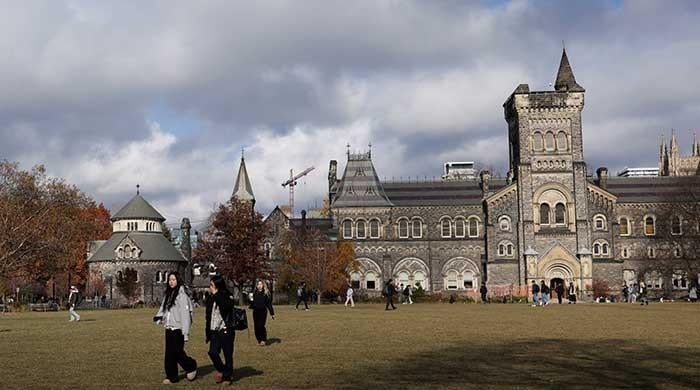Tech giants unite to combat artificial intelligence meddling in elections
Signatories commit to jointly creating tools for detecting misleading AI-generated content
February 18, 2024

A consortium of 20 prominent tech companies, including OpenAI and Meta Platforms, has announced a collaborative effort to thwart deceptive artificial intelligence (AI) content from disrupting elections worldwide this year, Reuters reported.
Revealed at the Munich Security Conference, the agreement encompasses firms involved in developing generative AI models and social media platforms grappling with content moderation challenges.
Signatories commit to jointly creating tools for detecting misleading AI-generated content, initiating public awareness campaigns to educate voters on deceptive material, and taking action against such content on their platforms. Potential technologies for identifying AI-generated content, such as watermarking or metadata embedding, were suggested.
While the accord lacks a specific timeline for implementation, Nick Clegg, Meta Platforms' President of Global Affairs, highlighted the importance of shared commitments for addressing the challenge comprehensively.
The broad scope of companies involved aims to avoid a fragmented approach to tackling AI election interference.
Generative AI's rapid advancement has raised concerns about its potential impact on elections, prompting collaborative efforts to prevent malicious use.
Notably, the focus of the initiative is on countering the harmful effects of AI-generated photos, videos, and audio, given the emotional connection people have to multimedia content.
The move comes in response to instances like a January robocall using fake audio of US President Joe Biden, illustrating the urgency to address the evolving landscape of AI manipulation in the political sphere.









